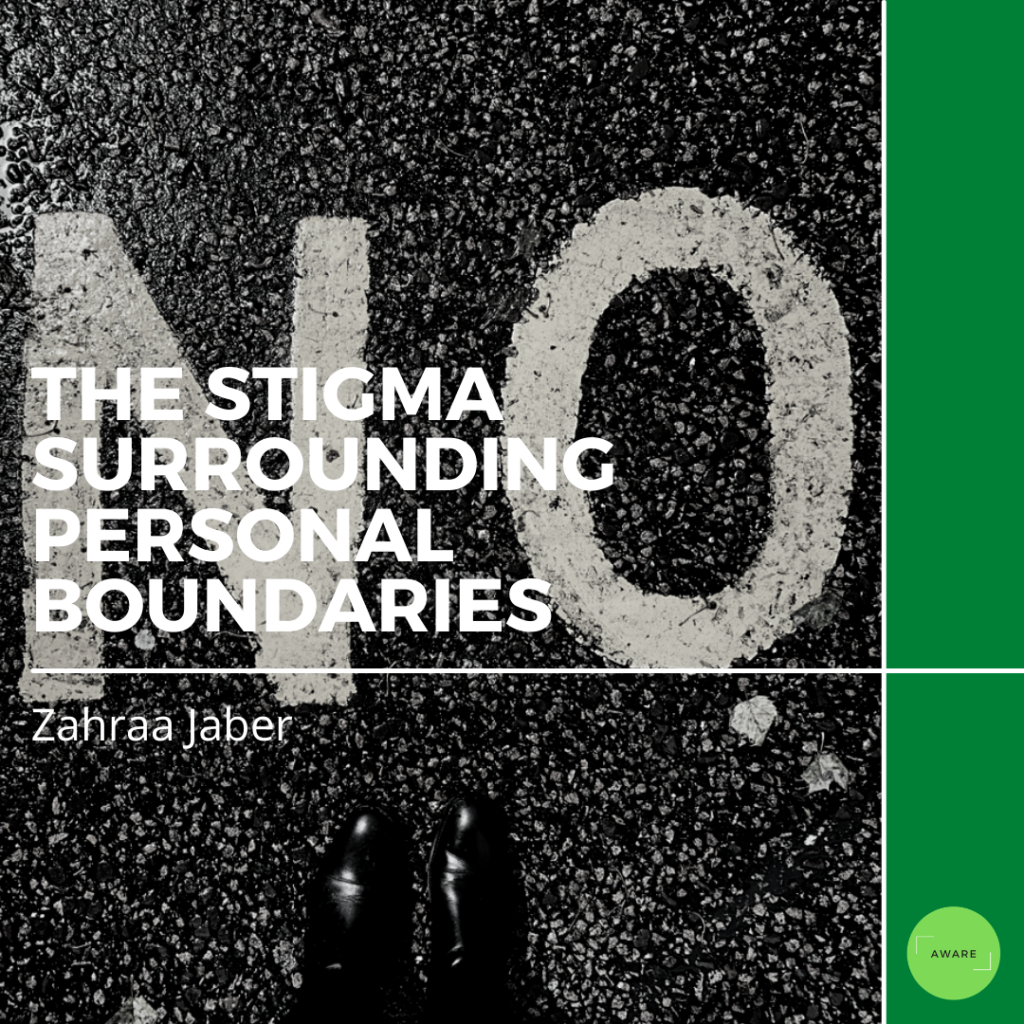Personal boundaries are vital in order for us to thrive and be in healthy relationships.
The Importance of Personal Boundaries
Personal boundaries are vital in order for us to thrive and be in healthy relationships. Having them in place allows us to communicate our needs and desires clearly and succinctly without fear of repercussions. It is also used to set limits so that others do not take advantage of us or hurt us. It is a way for us to practice self-care and self-respect.
With unhealthy boundaries, we tend lose self-respect as we go against our values in order to please others. We keep giving off ourselves and yet feel like when we ask for help, we are ignored. Allowing others to determine what we like, where we are going, or who we are shows that we are allowing them to control us, which are signs that we have unhealthy boundaries.
How to Set Healthy Personal Boundaries
Identifying your limits in relationships is the first step in maintaining healthy boundaries. What is acceptable behavior within a relationship? For example, if you meet a new friend and tell them that you are busy, but they continue to call and text you, you may find that they are not accepting no for an answer. A person who continually does not take “no” for an answer is violating your boundaries. The second step is to stick to those boundaries and to have a plan if someone crosses those limits. For example, if a person passes these limits, establishing consequences is vital. If you need help establishing healthy boundaries and practicing assertiveness, counseling can help. It is a great idea to use a variety of approaches including psychoeducation and, even more importantly, assertiveness counseling and training. Often, those who lack assertiveness skills – who “do not want to be mean” – may be at risk for boundary violations because they do not want to hurt someone’s feelings and put their needs on the backburner.
The Stigma Surrounding Personal Boundaries
There are many psychological studies on the idea of personal space. How close is “too close”? When is “too much” just too much? The underlying truth is that, unfortunately, people with manipulative and narcissistic tendencies are more likely to be repeat-offenders in violating other people’s personal space.
People often view personal boundaries as being selfish or uncaring of others and their feelings. However, the reality of the matter is that the better the personal boundaries are respected, the better and healthier the relationship is.
